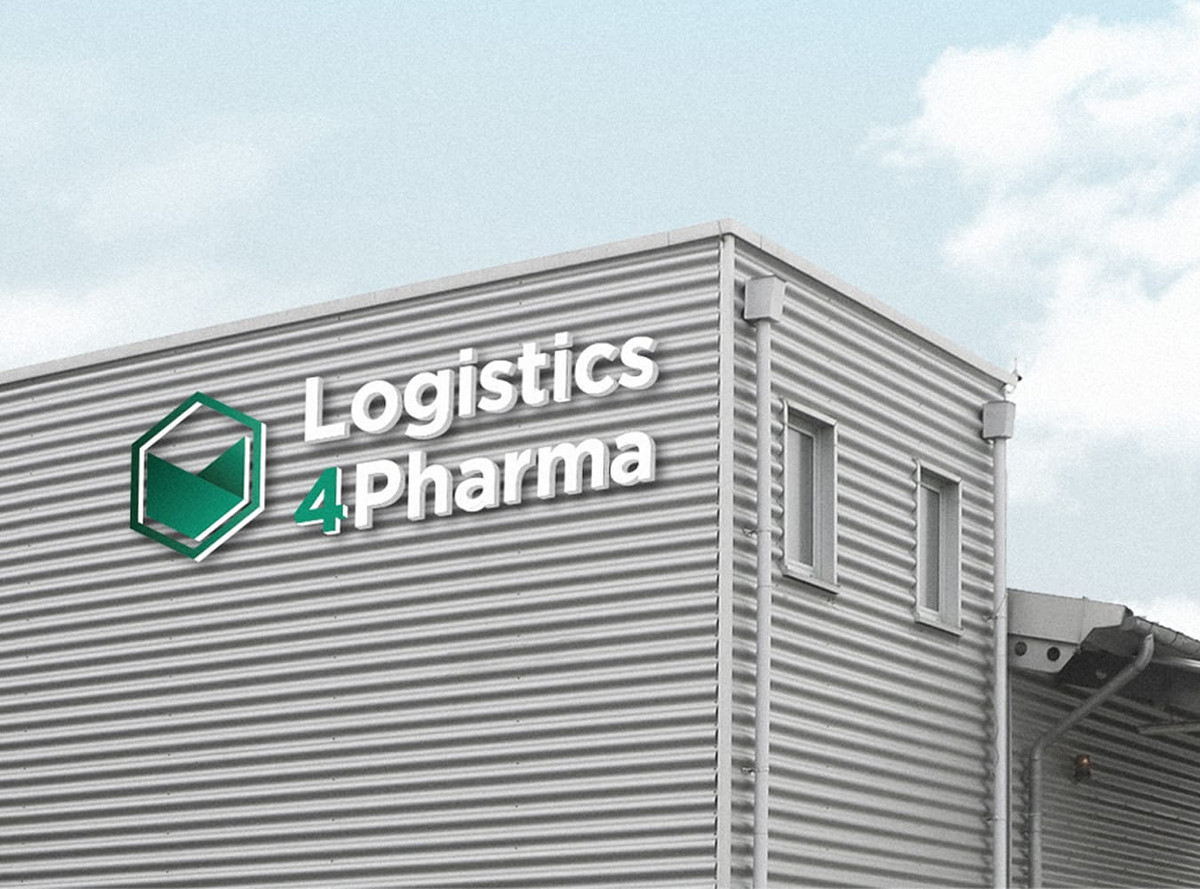
The COVID-19 pandemic has radically transformed the understanding of what constitutes a resilient cold chain, testing the industry’s ability to provide temperature-sensitive products in a controlled, repeatable manner like never before.
“The pandemic has really made clear what matters in our industry,” said Julius Graf von Pfeil, Head of Supply Chain and Finance at Logistics4Pharma. “It’s not always about the highest profit margins, it’s about ensuring that essential services continue, even under extreme pressures.”
During the pandemic, companies across sectors have collaborated in ways that were previously unimaginable. “We saw airlines operating fully chartered flights, freezing companies developing scalable sub-80°C storage units, and production lines ramping up production to meet COVID-19-related service and transportation demand,” recalls von Pfeil. “Everyone working overtime — double, triple, even quadruple shifts — it was a team effort on a global scale.”
This spirit of cooperation has extended to the rapid establishment of testing centres, critical infrastructure that would have seemed unthinkable just a few years ago. “Being able to test globally, despite varying levels of safety and security, was a remarkable achievement,” von Pfeil noted. “It demonstrated the industry’s resilience and ability to adapt quickly.”
Loopholes in the system
While the pandemic has reinforced unity in the industry, it has also exposed weaknesses in Europe’s Good Distribution Practice (GDP) guidelines.
“GDP provides a solid foundation, but it is not enough to keep it as it is,” von Weil said. “While some flexibility in some areas is beneficial, there are areas where more stringent regulations can streamline and streamline operations, especially for companies aiming to expand. More consistent, globally standardized guidelines would make growth more manageable.”
Despite these challenges, the focus must remain constant: product quality and safety.
“It is not just about the logistics provider, but also about protecting the product throughout its journey,” he stressed. “Pharmaceutical companies have an enormous responsibility, and this responsibility does not end at the factory gate. The entire cold chain process must maintain the highest standards to ensure safe delivery, taking into account the full life cycle and associated costs.”
Accuracy under pressure
The surge in demand for vaccines and drug transportation in the past few years has highlighted the challenges of maintaining the integrity of complex cold chains.
“Logistics is inherently complex,” says Julius Graf von Weil, Head of Supply Chain and Finance at Logistics4Pharma. “It requires seamless coordination between multiple stakeholders to ensure the successful delivery of sensitive goods.”
“In cold chain logistics, where accuracy and reliability are non-negotiable, this coordination must be implemented with excellence. Anything less is unacceptable. The pursuit of excellence is not just an expectation, it is a fundamental principle of our industry.”
Driving innovation through data
As innovation accelerates, digitization is transforming the cold chain market – enhancing efficiency, safety and transparency.
“The real value lies in integrating and analyzing data to assess risks, improve operational processes, and ensure compliance,” von Pfeil explained.
“Technologies such as live tracking devices and data loggers allow monitoring of temperature-sensitive goods. RFID tags and QR codes enable end-to-end visibility – from loading to delivery – enabling better decision-making and control throughout the entire supply chain.”
Quality: the non-negotiable standard
Amidst all these developments, one principle remains unchanged: quality is paramount.
“You cannot compromise,” von Weil declared. “From manufacturing to final delivery, product quality must be constantly monitored and protected. Maintaining this focus enables us to achieve safe, reliable and repeatable results.”
“Transparency with your partners is key – being honest about your capabilities, what you can do, what you recommend you do, and what you cannot do is the first anchor in a shared commitment to quality in our industry.”
“We have dealt with integrators, pharmaceutical companies, packaging service providers and warehousing and transportation specialists. Although their perspectives differ, the common thread is a common pursuit of excellence.”